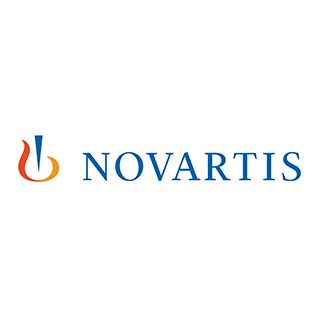Article
Paroxysmal Nocturnal Hemoglobinuria Drug Candidate Demonstrates Superiority to Anti-C5 Therapies
Author(s):
Iptacopan has the potential to address an unmet need in PNH by significantly increasing hemoglobin levels in patients who remain anemic, fatigued and dependent on blood transfusions after anti-C5 treatment.

Today, Novartis announced promising results from its phase 3 trial APPLY-PNH, which met 2 primary endpoints for superiority compared with anti-C5 treatment in adults with paroxysmal nocturnal hemoglobinuria (PNH) who also have residual anemia after anti-C5 treatment. The investigational drug iptacopan is a first-in-class alternative designed to complement pathway inhibitors, specifically those that inhibit factor B, and has the potential to become the first oral monotherapy for PNH.
“These positive topline Phase III results highlight the practice-changing potential of iptacopan for patients suffering from debilitating anemia and the burden of lifelong blood transfusions as a result of PNH,” Shreeram Aradhye, MD, President, Global Drug Development and Chief Medical Officer, Novartis said in a statement.
Paroxysmal nocturnal hemoglobinuria is a serious rare condition caused by a mutation in hematopoietic stem cells leading to the production of red blood cells that are susceptible to early destruction by the complement system.
Globally, there are approximately 1-2 people diagnosed per million each year. Patients with the chronic illness often experience hemolysis and extravascular hemolysis that results in anemia, thrombosis, fatigue and other debilitating symptoms which impact their quality of life.
Anti-C5 therapies like eculizumab and ravulizumab are typically used to treat this population, however, they don’t address the unmet need of a large proportion of patients with continuing anemia, fatigue, and a dependency for blood transfusions.
The APPLY-PNH clinical trial demonstrated the superiority of iptacopan when compared with anti-C5 therapies. Data showed a statistically significant and clinically meaningful increase in the amount of patients that achieved hemoglobin-level increases of 2 g/dL or more when treated with 200 mg of iptacopan 2 times daily. This proportion of patients didn’t need blood transfusion for 24 weeks to achieve and maintain these levels.
Another notable primary endpoint was the significant increase in patients receiving the intervention who achieved hemoglobin levels of 12 g/dL or higher that did not need blood transfusions for the 24 weeks study period, as compared with those being treated only with anti-C5 therapies.
“We look forward to discussing the data with regulators so we can bring this first-in-class alternative complement pathway inhibitor as the first oral monotherapy to people living with PNH,” Aradhye stated.





